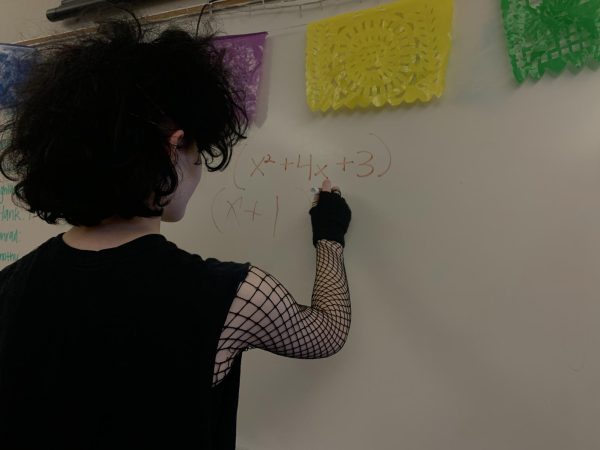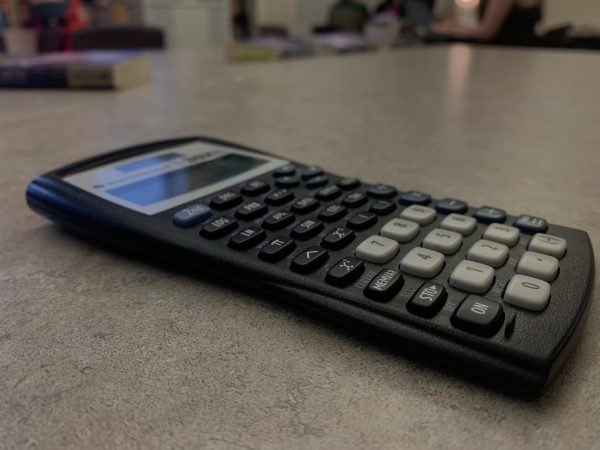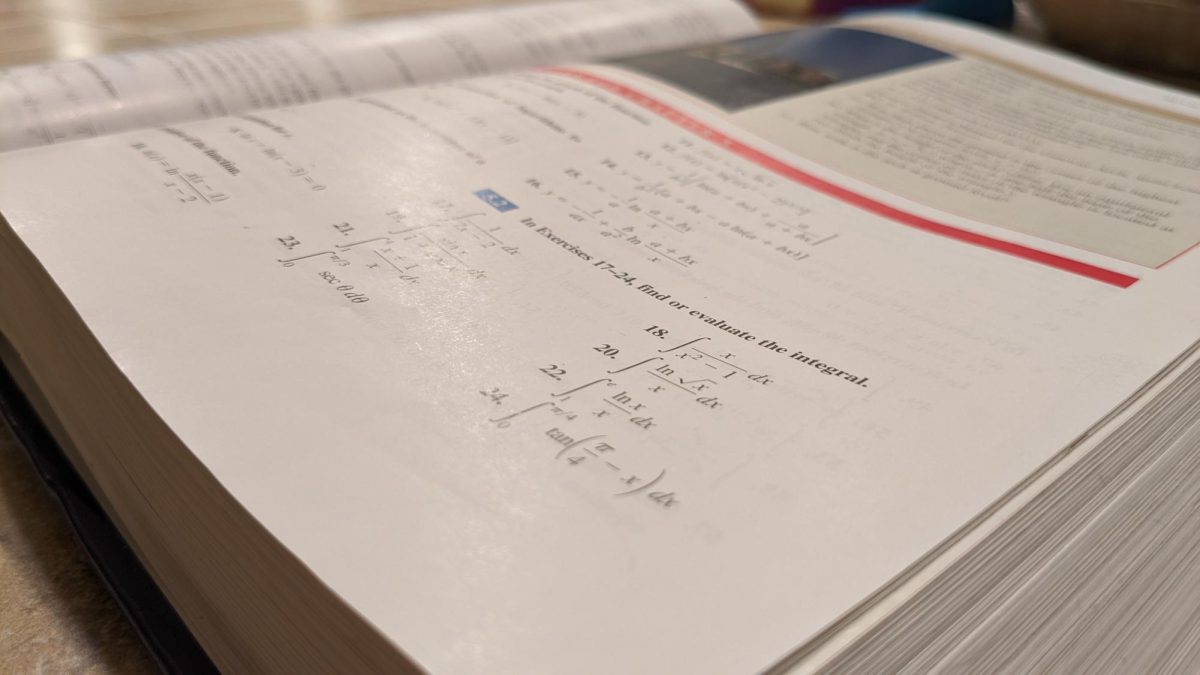It is a common stereotype that no one is a fan of math. Numerous polls and studies have shown that ridiculously high percentages of students and even adults hate math as a subject or experience math anxiety. Camas High School (CHS) students and teachers have commented on their experience with math and how much understanding versus personality contributes to people’s view of it.
Junior Mattias Rayan explained that he likes math but clarified that he specifically enjoyed statistics because he could use it in real-world scenarios, which made sense. He also said that pre-calculus, the class he switched out for statistics, didn’t make sense to him, so he switched it out.
“I like that I can use it in my day-to-day life, whereas in other classes, like pre-calc, you don’t use it all the time,” Rayan said.

More students say they also do not enjoy math, feeling they will never find a use for most courses outside of school.
“[Learning math] just kind of gets a little pointless,” junior Titan Brody said. “It made sense [to take it until courses reached] the point where I feel like it’s not applicable, at least in the fields I would like to participate in when I’m older.”
AP Calculus teacher Elisabeth Edwards had some insight as well. Speaking from her experience having taught most levels of high school math, from algebra to advanced courses, she says that a love of math comes with comprehension.
“I think it has much to do with how well you understand [math]. If you understand it, then I think most people naturally love it,” Edwards said.

She believes that liking math also depends on the foundation and educational experience, which contributes to understanding, whether that is positive or negative. She brought up personal experiences teaching Algebra 1 at CHS, where she was delighted to see many students enthusiastic about math.
When asked about those who did not have such enthusiasm and how this might be related to their educational experience, Edwards brought up a personal example of her child’s addiction to learning.
Unfortunately, the curriculum’s way of teaching that skill diminished her kid’s ability to add large numbers. She said that while she does not know much about the curriculum in middle and elementary schools, she understands how the experiences there can be detrimental to a given student’s perception of math.
Given these views, it is easy to see the correlation students experience between understanding and interest in math. However, it is just as easy to see that personality and individual preferences play just as important a role in this interest.






































